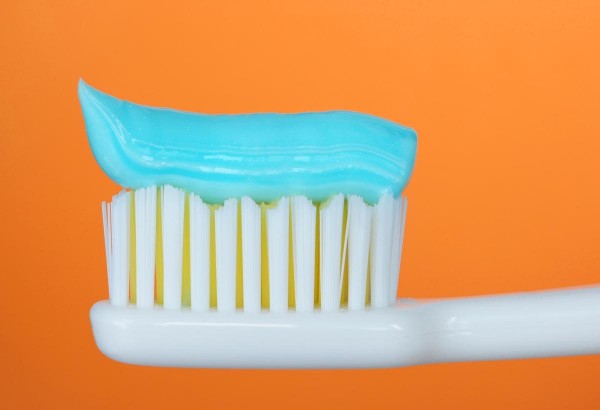
Advertisement
If you are trying to avoid undergoing the dentist’s drill and exposing your body to dangerous cavity fillings, a revolutionary new toothpaste could be the ideal solution. The toothpaste, which is made using components that mimic your tooth’s natural enamel, builds up in the cracks in teeth. The chemical, known as crystalline calcium phosphate, works by diluting the acid on the tooth’s surface. After a few minutes, it crystallizes and adheres itself to the structure of the tooth’s natural enamel. It can also combat bacteria.
The toothpaste was developed by Japanese scientist Dr. Kazue Yamagishi of the FAP Dental Institute. It is easy to apply at home, and its liquid form enables it to reach the smallest areas of the teeth. Some experiments show that teeth that have been treated using the paste are identical to healthy teeth, while cavities that are filled with it have been found to be every bit as sturdy as their metal counterparts.
This is a remarkably better solution than the traditional method of filling cavities, which entails removing decaying parts of the teeth and then applying a filling. It’s particularly useful in the case of newly emerging cavities, as too much healthy tooth needs to be removed for the filling to stick. If ignored, however, the bacteria in these tiny cavities can destroy the tooth’s enamel and lead to deeper cavities, possibly even necessitating crowns or root canals.
Traditional dental treatments have tremendous shortcomings
According to Dr. Yamagishi, around 60 percent of dental therapy entails the re-treatment of teeth that have already undergone previous dental procedures. This, she points out, is because the metal alloys and resins used in fillings are different from the tooth’s natural composition, leading to decay at the point of contact. This is why regenerating tooth enamel is an ideal approach that should help lead to reduction of tooth decay.

A study of the toothpaste’s efficacy was published in Nature in 2005, and Dr. Yamagishi’s website states that the product is expected to hit the market some time this year.
A quarter of the population has 11 or more fillings
This is great news for people who are concerned about what their dentist is using to fill their cavities. Some dental amalgams still contain mercury, which is highly toxic, despite American Dental Association claims to the contrary. People who have more than eight dental fillings were found to have double the blood mercury levels of those without fillings in a recent study of more than 15,000 people. This would imply that the mercury contained in fillings leaches out of teeth and enters the bloodstream. This is particularly dangerous in people who have high mercury levels in the first place, for example, from eating a lot of certain types of seafood. The average American has three dental fillings, but a quarter of the population actually has 11 or more!
Even small amounts of mercury dangerous
The World Health Organization has stated that even small amounts of mercury can be hazardous to your health, listing it as one of the top 10 chemicals that are of concern to public health due to its toxic effects on the lungs, immune system, kidneys, digestive system, nervous system and skin.
People who are hoping to avoid these chemicals have been turning to natural dental treatments, such as dental soaps, oil pulling and tooth powders. While these methods can often work well for maintenance and prevention, cavities that have already taken hold do need to be treated. Once this new toothpaste formula hits the market, consumers will be able to deal with cavities, cracked teeth and other dental issues without putting their health at risk.
Sources include:
Submit a correction >>
This article may contain statements that reflect the opinion of the author
Advertisement
Advertisements















